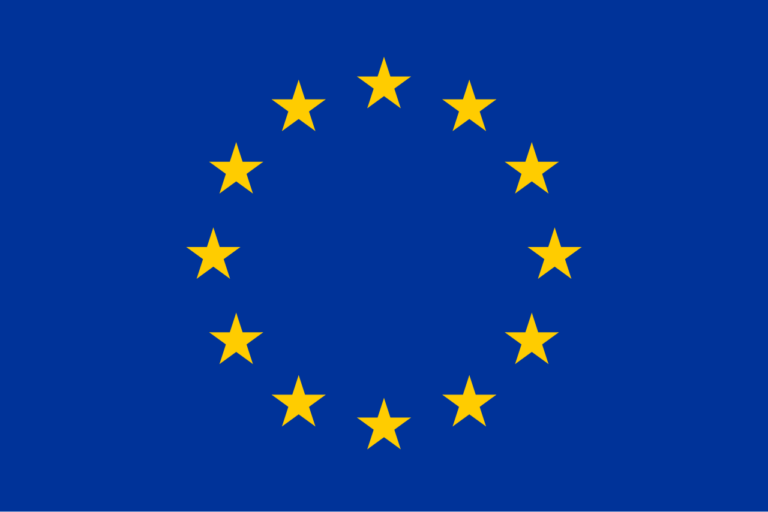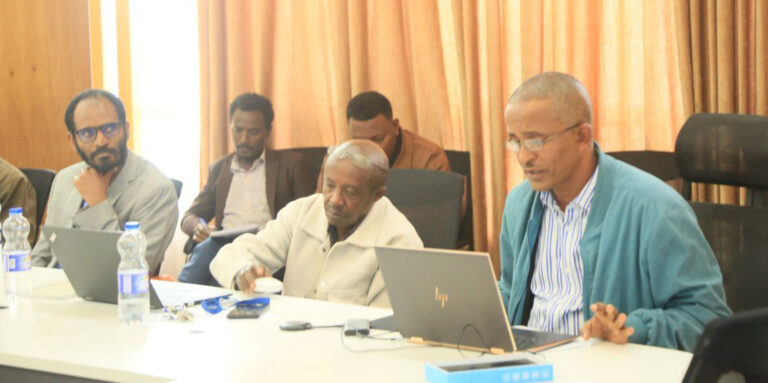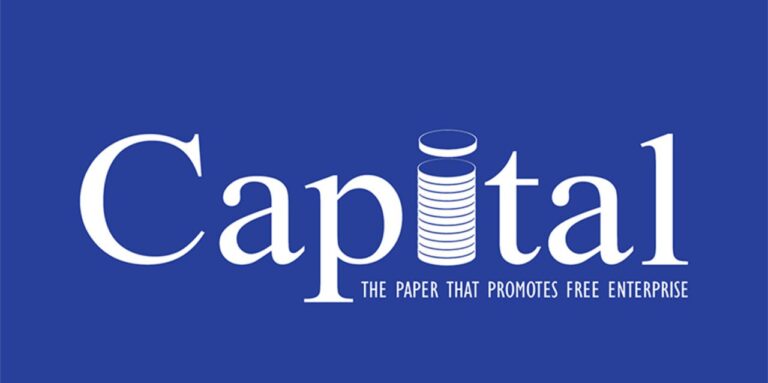This notice is intended to inform property market participants as well as any other interested economic operators about the property needs of the Delegation of the European Union to Ethiopia (the ‘Delegation’) in Addis Ababa, ETHIOPIA, and to collect information on properties within a defined perimeter.
The Delegation is looking for properties located in Addis Ababa to serve as accommodation for the Expatriate Staff. The standard accommodation shall primarily correspond to the level of duties of all expatriate staff and subsequently to the composition of their dependent family. It shall comprise, for expatriate staff with or without spouse;
Living room, dining room (whether or not attached to the living room),kitchen, 2 up to 5 bed rooms, bath rooms
Rooms described as library, office, TV room, play room or similar shall be counted as bed rooms if their size and location in the dwelling allows the installation of bed room furniture.
The maximum number of bed rooms shall be 6.
The accommodation type can be apartment, semi-detached, detached house or compound with better security conditions that is usually occupied by the diplomatic community in the country
The indicative gross surface of the accommodation containing the above rooms shall be approximately 120 Square meters (+/-20%)
Wherever possible, parking space or garage shall be part of the accommodation.
The accommodation shall be located in diplomatic living areas of Addis Ababa, preferably in Bole/Kirkos/Arada/Lideta/Nifas Silk Lafto,Yeka/Kolfe Keranyo Sub-cities, in neighbourhoods of Bole Medhanialem,,Atlas,Urael,Wollo Sefer, Kazainchis,Megenagna,Bisrategebriel,Old Airport Areas, considering the security situation and distance from the delegation office.
Each accommodation must be priorly assessed and approved by the Regional Security Officer (RSO) and subsequently formally approved by the Head of Delegation (HoD) or his/her designate, before the signature of the lease contract.
Accommodation shall be available for occupation by August/First week of September 2025.
We accept candidatures for lease contract for a minimum period of 3 years. Type of contract will be European Union standard contact with condition of landlord termination clause allowed.
Information about the property (address, floor plans and pictures) should be sent to the following e-mail address: Delegation-Ethiopia-Procurment@eeas.europa.eu
Should you have problems with attaching photos, these can be hand delivered (in person or by any party representing the economic operator, or by courier) to the following address:Delegation of the European Union to Ethiopia, Cape Verde Road, Bole Sub-city, Kebele 03, P.O. Box 5570 – Addis Ababa – EthiopiaTo the attention of: The Head of Administration Subject: Property Prospecting Notice-Expatriate Staff AccommodationOffice hours: 8:00AM – 5:15PM, Monday to Friday (except national holidays)
Deadline for submission of candidatures: 4 August 2025 at 5:15 PM local time in ETHIOPIA, Addis Ababa If, on the basis of the information collected, the Delegation considers that all or part of the properties offered can effectively meet its needs, it will launch a negotiated procedure in accordance with Article 167(1)(d) of Regulation (EU, Euratom) 2024/2509 of the European Parliament and of the Council of 23 September 2024 on the financial rules applicable to the general budget of the Union (the ‘Financial Regulation’) and Point 11(1)(g) of Annex I to the Financial Regulation.
This publication does not constitute, nor should it be construed as, a commitment on the part of the EEAS in its procurement procedures.





